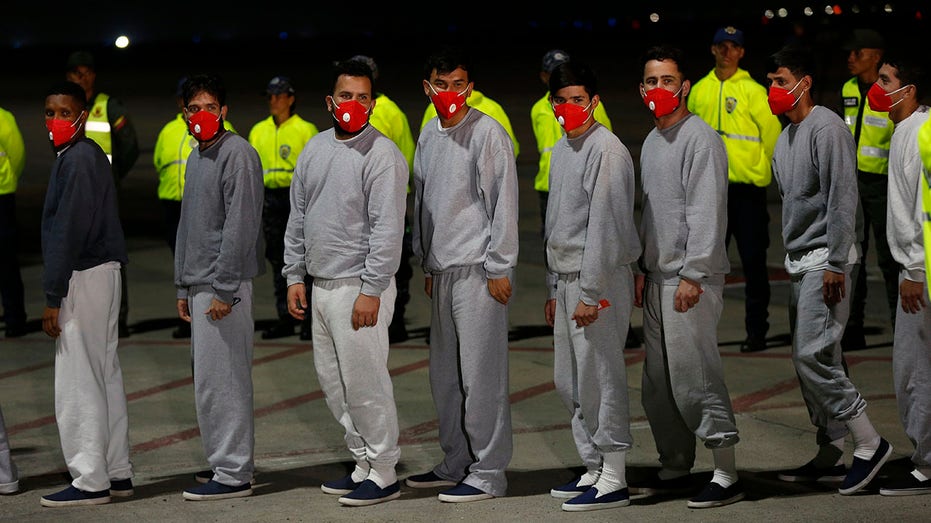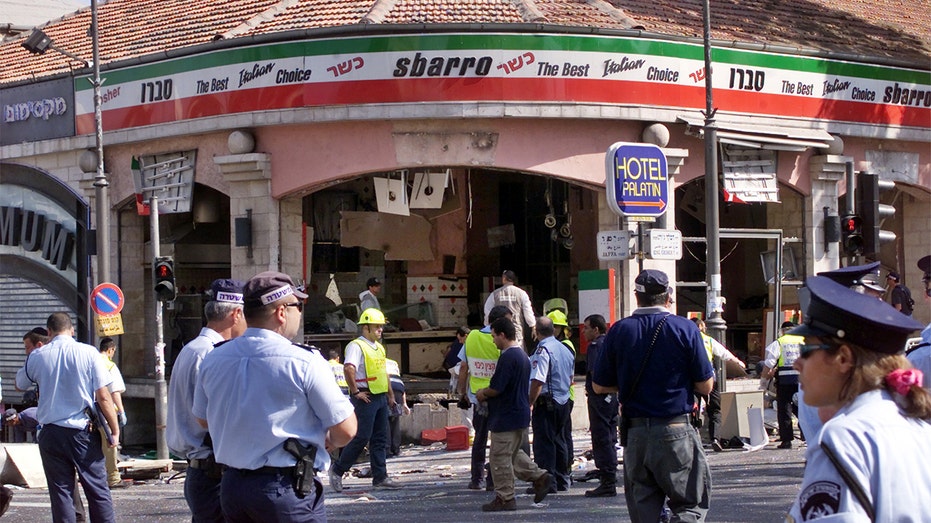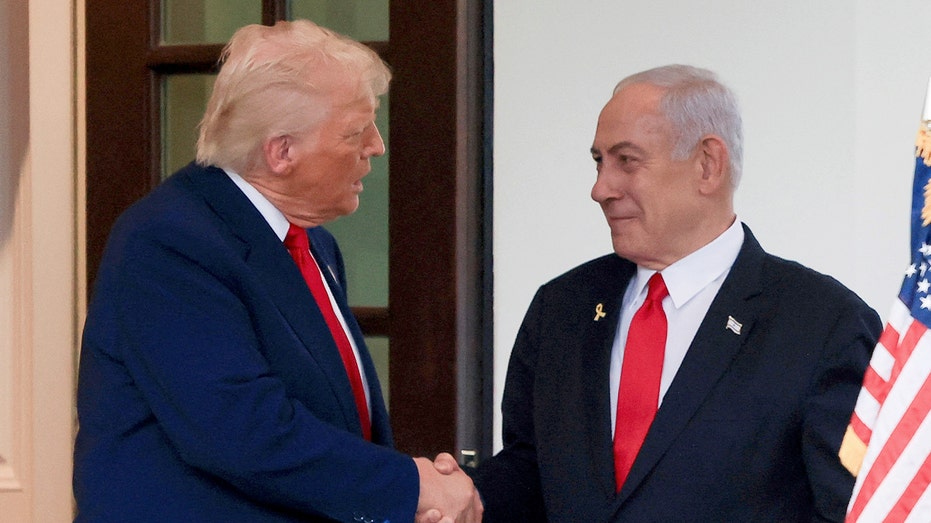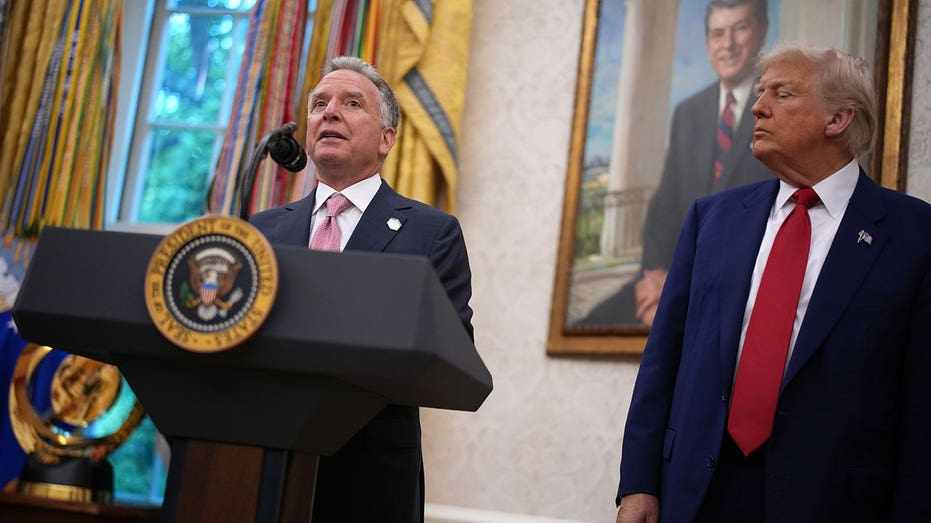Venezuela to Resume Accepting US Deportation Flights

Sarah Johnson
March 23, 2025
Brief
Venezuela will resume deportation flights from the U.S. after a policy shift, sparking renewed tensions and concerns over migrant rights and international relations.
Venezuela has agreed to resume deportation flights from the United States, a move that comes after Venezuelan President Nicolás Maduro had earlier suspended such flights. This policy shift was revealed by Jorge Rodríguez, the president of Venezuela's Assembly and key negotiator with the U.S., on Saturday.
"We have agreed with the U.S. government to resume the repatriation of Venezuelan migrants with an initial flight tomorrow, Sunday," Rodríguez announced, emphasizing that the deal guarantees the "return of our compatriots to their nation with the safeguard of their Human Rights." Bold claim—let's hope those safeguards are more than just optimistic promises.
Rodríguez also pointed to the deportation of some Venezuelan migrants to El Salvador, while taking a swipe at the Trump administration for sending members of the Tren de Aragua gang to the country. He added, "Migrating is not a crime, and we will not rest until we achieve the return of all those who require it and until we rescue our brothers kidnapped in El Salvador." Yes, he used the term "kidnapped," which adds another layer of drama to this already tense migration saga.
In recent weeks, approximately 350 people have been deported to Venezuela, including around 180 who spent up to 16 days at the U.S. naval base in Guantanamo Bay, Cuba. Among them, some were identified by the Trump administration as members of the Tren de Aragua gang—a notorious criminal network. This raises the stakes on both ends of the deportation pipeline.
Maduro himself echoed Rodríguez's sentiments, calling the Venezuelans held in El Salvador "kidnapped" while addressing the issue on Saturday. The rhetoric has been as fiery as you might expect from a leader accused of overseeing a crumbling economy and human rights abuses.
Historically, Venezuela and the U.S. shared robust trade ties, particularly in the oil sector. However, relations soured after the late Hugo Chávez's leftist government rose to power in the late 1990s and early 2000s, with Maduro continuing that legacy. It's safe to say the two countries haven't exactly been sending each other holiday cards since.
Topics
Editor's Comments
So, Venezuela is back to accepting deportees, but not without a side of melodrama. Calling the deportees 'kidnapped' and highlighting the gang ties feels like a strategic play to paint Venezuela as a victim in this story. It's a curious mix of humanitarian rhetoric and political shots—classic Maduro. Also, isn't it ironic that a country struggling with mass emigration is now negotiating the return of its own citizens? Something tells me this 'deal' has layers we haven’t peeled back yet.
Like this article? Share it with your friends!
If you find this article interesting, feel free to share it with your friends!
Thank you for your support! Sharing is the greatest encouragement for us.



